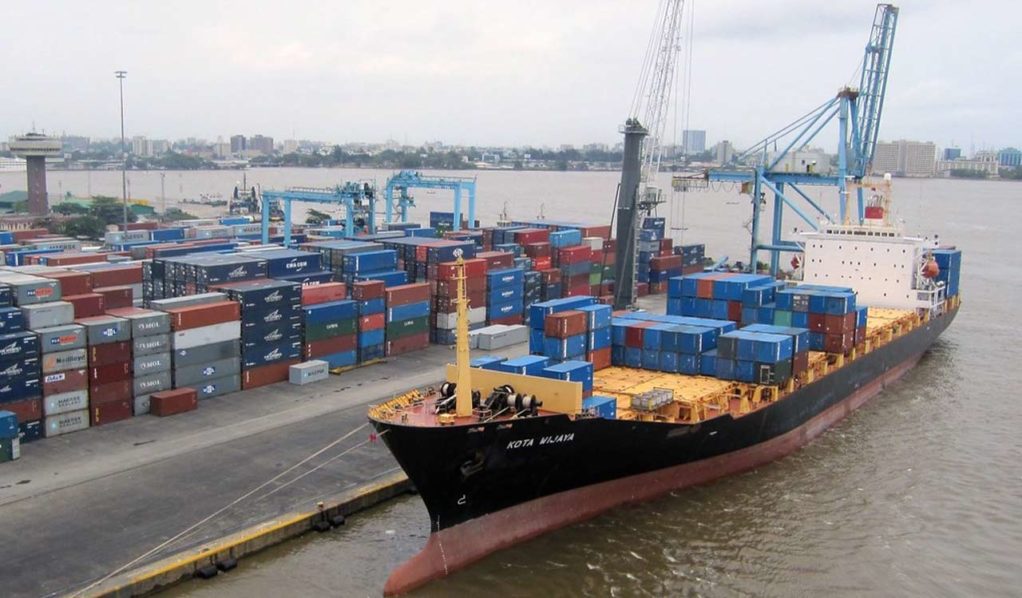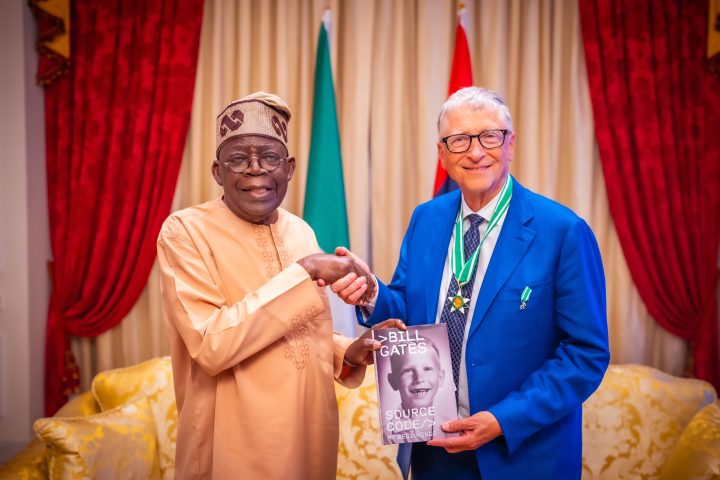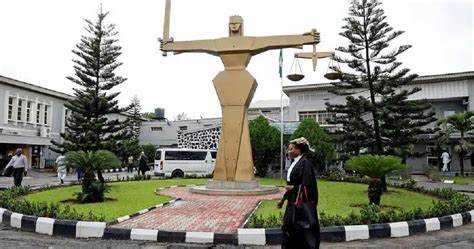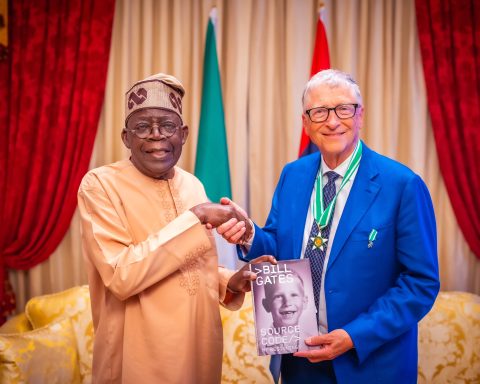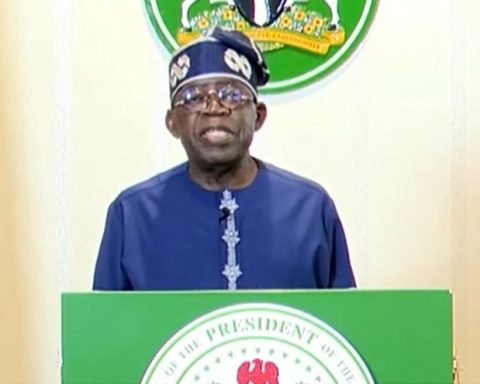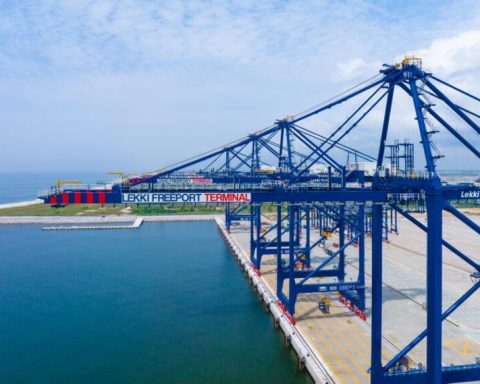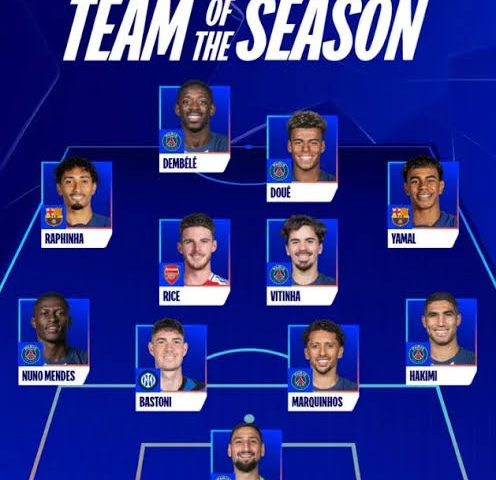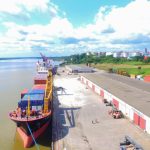Some 20 leaders of different political leanings and ethnic backgrounds in Akwa Ibom State have sent a passionate appeal to President Bola Tinubu, reminding him of an earlier request made by Gov. Umo Eno for federal assistance to build a deep seaport and help in addressing “devastating ecological challenges across the state.”
The governor had made the request in late February when he and Senate President Godswill Akpabio led a delegation of 104 people from the state on a visit to the President at the State House.
Join our WhatsApp ChannelThe letter reminds the president of Gov. Eno’s pledge to support his reelection in 2027, even though they are of different political parties, and notes that Akwa Ibom people are solidly behind their governor and so a positive response to the governor’s request on the deep sea port and ecological challenges would “justify his bold, unprecedented and courageous endorsement’’ of the president.
It is quite notable that this letter was signed by a bipartisan group of eminent persons, the first time in the history of the state that such a politically diverse and broad-based coalition has come together on a single issue. The last time Akwa Ibom people were so united to pursue a common cause was between 2000 and 2004 when then Gov. Victor Attah led the state in a monumental struggle for the abrogation of the onshore-offshore oil dichotomy. Another Yoruba man, Olusegun Obasanjo, was the President then. But at that time, PDP was the dominant party in the state, and just about everybody that mattered, including Attah and Obasanjo, belonged there. Even then, the fight to remove the dichotomy was an epic battle, and when it was finally done in 2004, it resulted in enhanced financial earnings to the state.
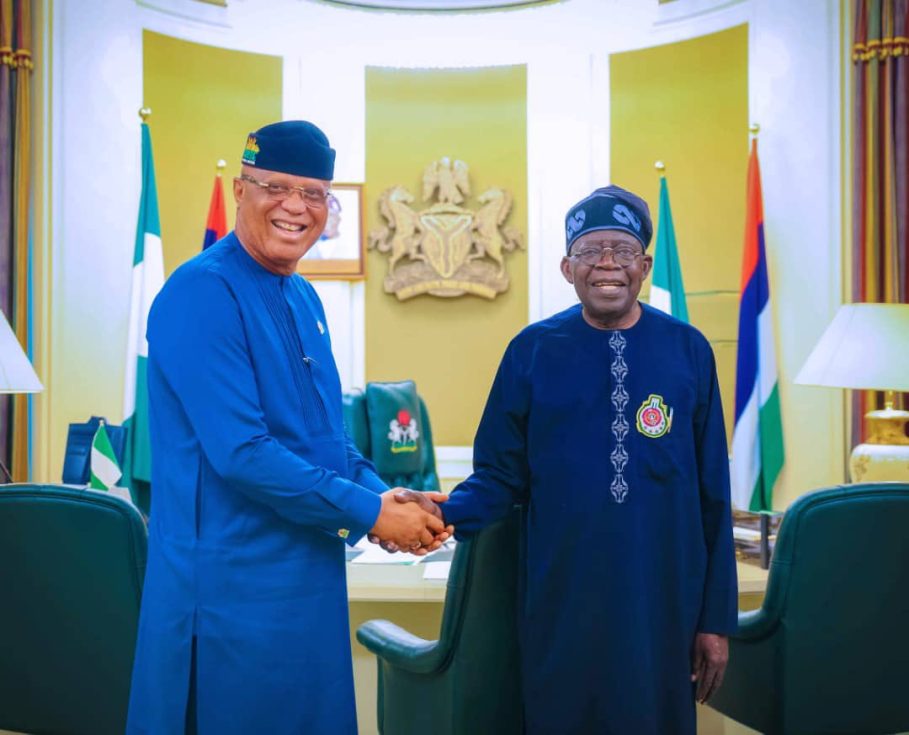
Now, Gov. Eno is leading another kind of struggle that would lead to the economic development of the state, and a bipartisan alliance is coalescing behind him. It’s quite striking that some of the persons who signed the appeal letter to President Tinubu this week were also involved in the titanic struggle to abolish the onshore-offshore oil dichotomy over two decades ago. Such persons include Atuekong Don Etiebet; Obong Umana Okon Umana; Chief Assam Assam, SAN, Rt. Hon. Chief Ndueso Essien, Senator Effiong Bob and Senator Emmanuel Ibok Essien. The governor may wish to learn from their experiences. Senator Udoma Udo Udoma and Senator Emmanuel Ibok Essien were some of the leading lights of the dichotomy fight. They should avail Gov. Eno of what it took to dissolve Obasanjo’s obduracy, particularly the groundswell of national support for the struggle. The details of the campaign are captured in the book I wrote on the subject matter in 2021.
Akwa Ibom people always find themselves struggling for everything that comes naturally to others. Our forbears struggled for generations for the creation of the state. In fact, they were the first to form a special purpose vehicle known as the COR State Movement to press for the creation of a state in Nigeria. The COR movement was established in 1953 by some members of the minority ethnic groups in the Eastern region to advocate the creation of a separate minority region from the Eastern region. It’s an acronym for Calabar-Ogoja-Rivers, representing the minority provinces in the then Eastern region. That was the first time a group was established specifically for the purpose of state (or region) creation in this country.
READ ALSO: Ibom Deep Sea Port And Nigeria’s Maritime Economy
After Akwa Ibom was eventually created in 1987, its leaders began another struggle for enhanced oil revenue through derivation payments from its offshore oil production. The struggle raged throughout the long military era until it was resolved during the Obasanjo presidency. While other states had airports built for them by the federal government, Akwa Ibom State has had to build its airport and as I write, it’s the only state in the federation solely funding and managing a functioning airport.
All other airports in the country, including those that were established by some state governments, are owned and funded by the federal government. The state has also built a world-class MRO (maintenance, repairs and overhaul) facility that is currently offering limited aircraft maintenance services, and when it’s fully operational, the nation would be saved millions of dollars expended by airlines on overseas repairs and maintenance. The state also owns an airline that has been adjudged by air travelers as the nation’s favourite.
Now, it’s Gov. Eno’s responsibility to lead the struggle for the establishment of a deep-sea port – a vision that dates back to the Attah administration. Succeeding leaders have done their bit in bringing this project to fruition. I am grateful that cross cross-section of the people are speaking out in support of this governor as he leads yet another battle. The importance of the port project to the Nigerian economy is immense and I don’t have to repeat it here in detail. But there are obvious implications for job creation, ease of doing business, contributions to GDP growth and expansion of trade.
If the president has the ambition to build a $1 trillion economy by 2031, a deep seaport in the Gulf of Guinea is a sine qua non. This country urgently requires critical infrastructures like power plants, rail network, ports, MROs, roads and bridges to trigger development. So, a state government that sinks huge resources into developing a deep seaport and has brought a technical investor with some equity contribution deserves federal support. As the 20 leaders wrote to the president: “By assisting the state government to build a deep-sea port, you would go down in history as one of the nation’s most consequential leaders…’’

Etim Etim
ETIM ETIM is a journalist, banker and author. He has been a member of the Editorial Board of The Guardian, a Regional Manager in Access Bank and is currently a Columnist in Prime Business Africa, The Cable and Businessday newspapers.
He is also the Chief Executive of Stein Meyer Communications, a major media consultancy and the author of the best-selling book, "Akwa Ibom Heroes: Inside Story of the Fight for Abrogation of Onshore-Offshore Oil Dichotomy" and co-author of another book, "Osinbajo Strides: Defining Moments of an Innovative Leader".

